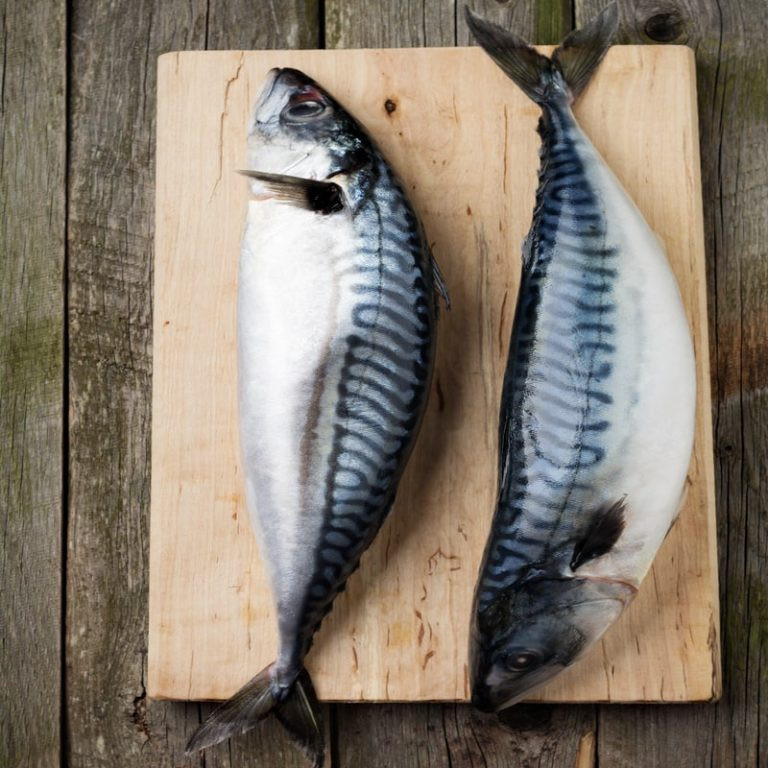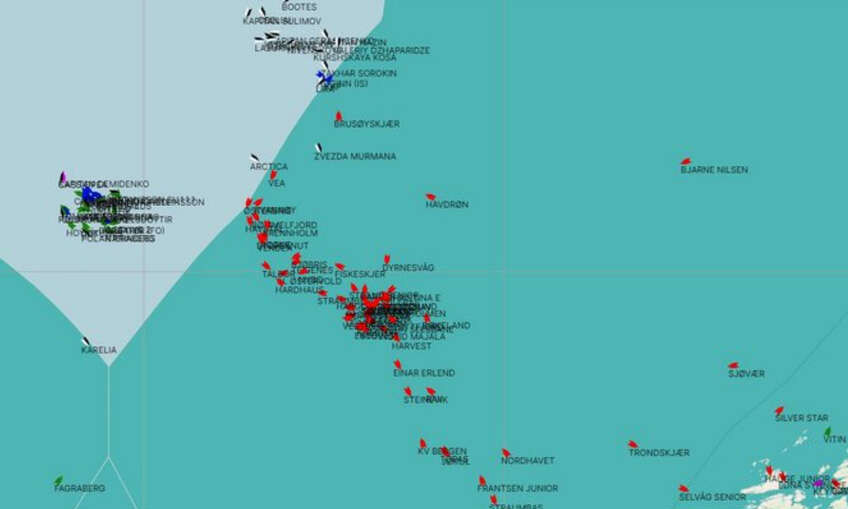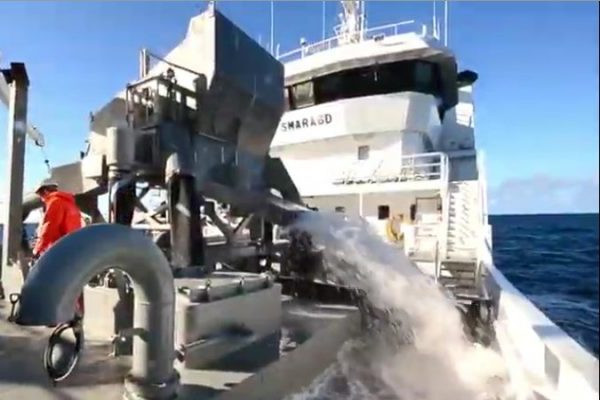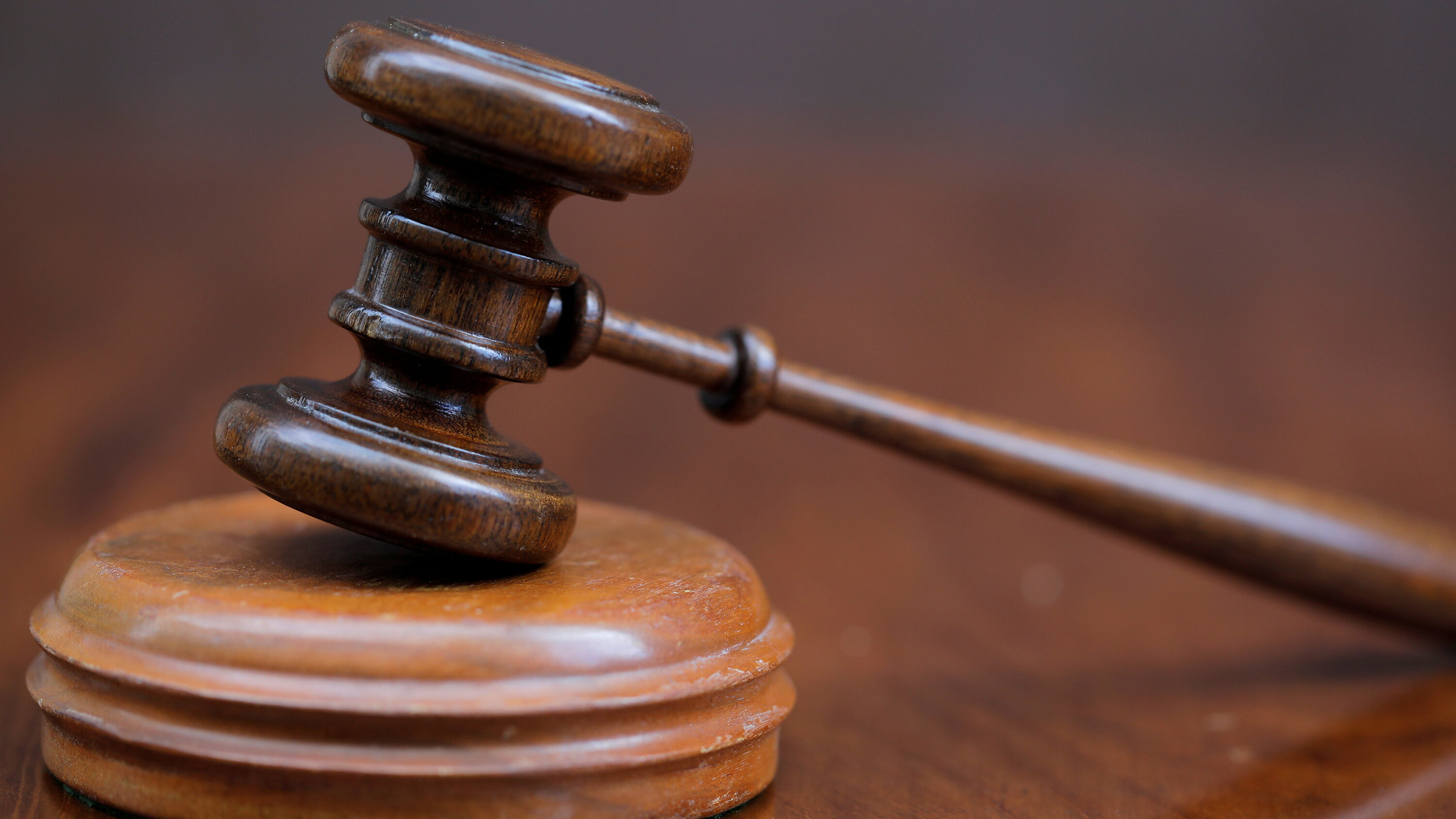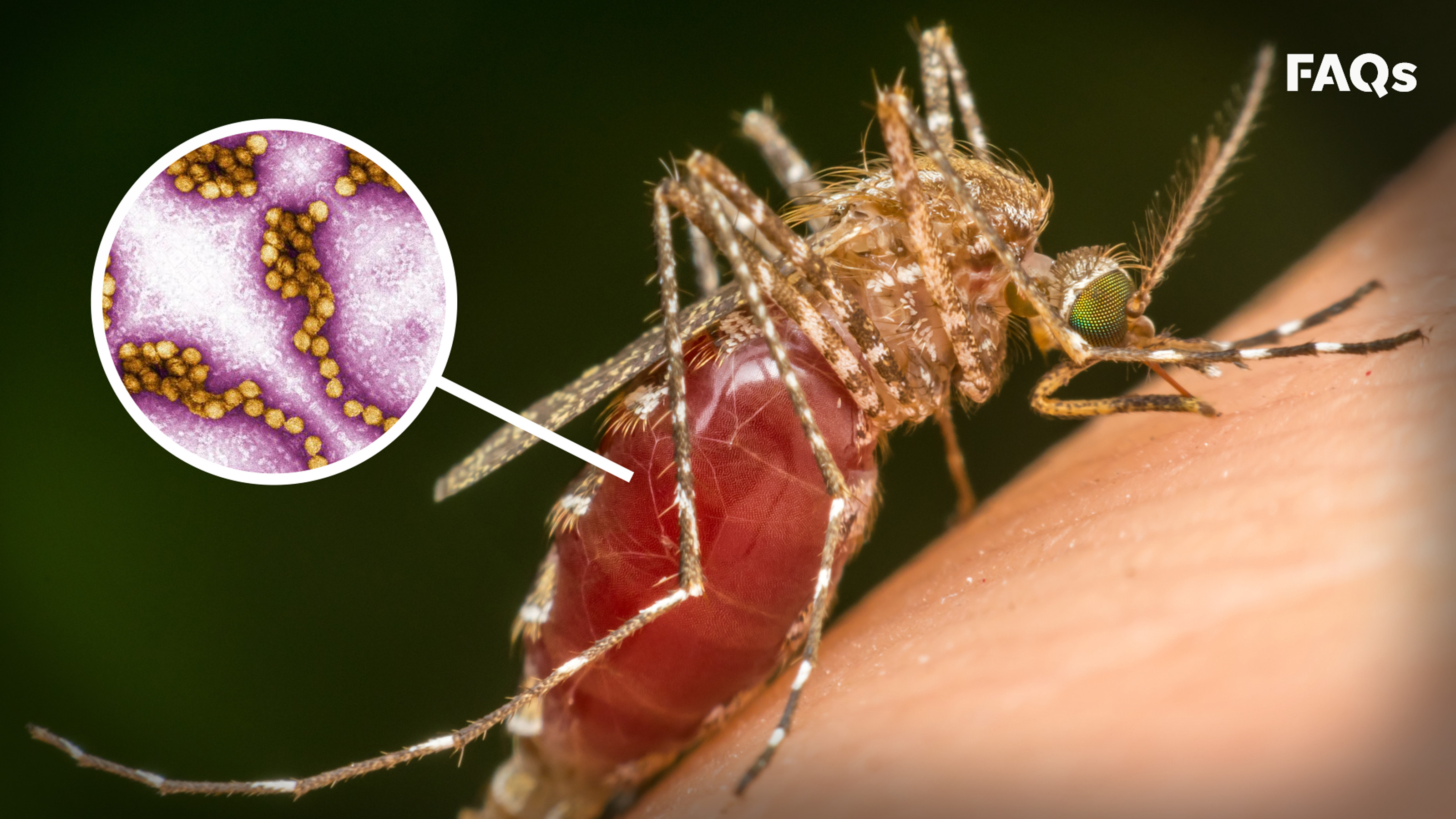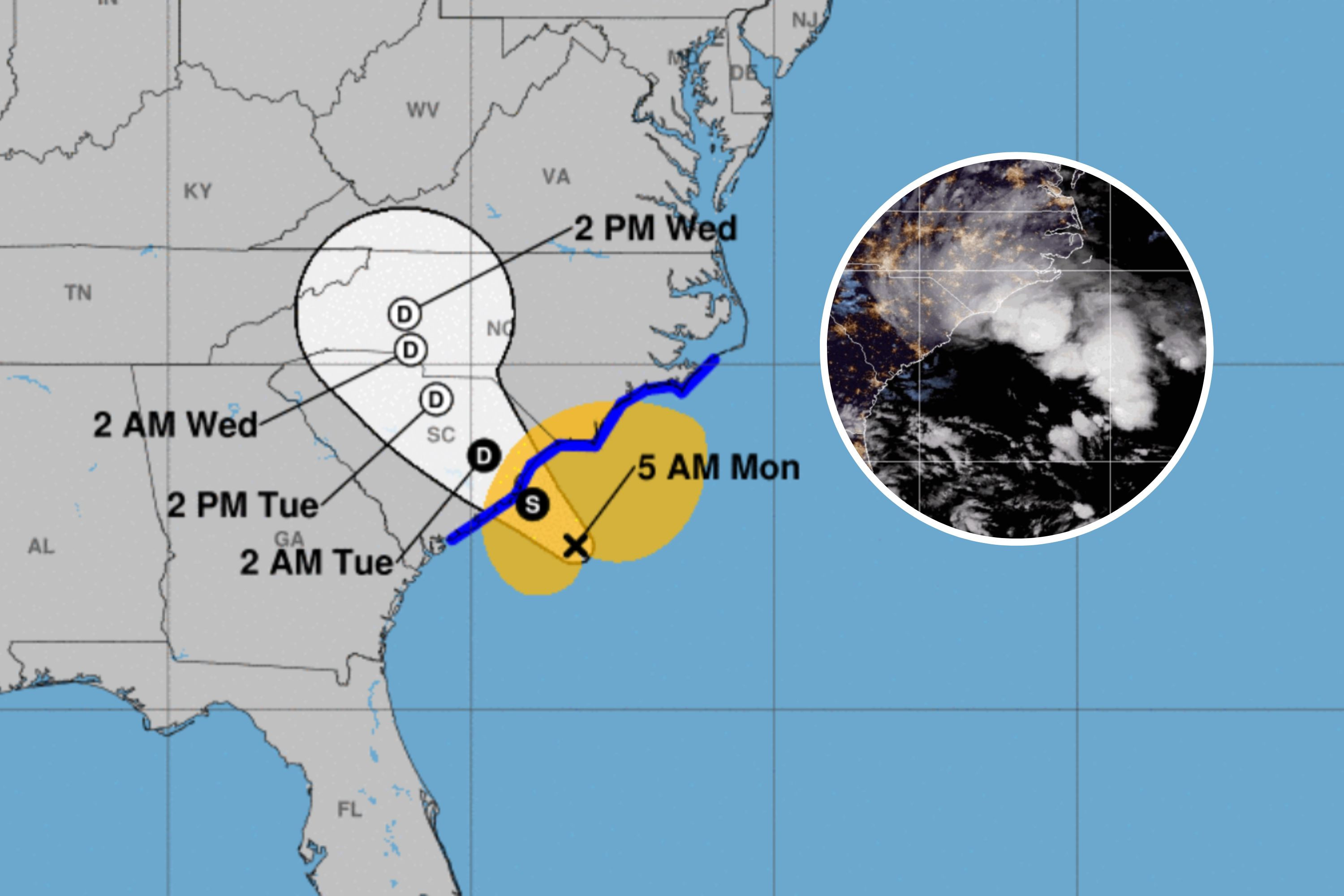Norwegian Mackerel Fleet Faces Delays and Increased Costs Due to Inspections in Shetland
Norwegian vessels fishing for mackerel in UK waters have recently faced an added hurdle in their operations. Pelagisk Forening, the Norwegian Pelagic Association, has reported a significant increase in the use of the control point at Lerwick, Shetland, by British authorities for inspections. This detour has led to longer travel times for vessels, resulting in higher costs and potential risks to the quality of the catch.
Inspections and Detours
Before delivering their catch to shore, Norwegian vessels must now reroute to Lerwick for inspection by British authorities. The extra journey time, combined with potential delays for on-land inspections, has led to mounting concerns for shipping companies about rising operational costs and the possibility of catch deterioration. This has been a major point of contention between the Norwegian and UK fishing sectors.
Concerns of the Norwegian Pelagic Association
In response, Pelagisk Forening has raised the issue with the Norwegian Ministry of Trade, Industry, and Fisheries, hoping for a resolution to the growing logistical challenge. The association also plans to address the matter during the upcoming negotiation meeting scheduled for Thursday. The Norwegian Pelagic Association has already raised concerns about delays and additional costs these control measures incur.
Impact on the Industry
The detour to Shetland has sparked frustration among Norwegian vessel operators, who have noted the strain it places on both their schedules and profits. The additional waiting times and increased fuel consumption are not only cutting into profits but are also affecting the freshness of the mackerel when they eventually reach their destinations. The Shetland Fishermen’s Association (SFA) said these measures were simply the agreed cost of “doing business in our waters”.
Seeking a Solution
Pelagisk Forening hopes that negotiations with British authorities will lead to a more efficient solution, reducing the burden on Norwegian vessels operating in UK waters. The organisation’s executive officer Daniel Lawson said: “It stands to reason that with a bigger Norwegian presence around Shetland just now then a bigger number of these vessels are being requested into port for inspection.
“Hopefully it can give us all some reassurance that at least some percentage of the visiting pelagic fleet is actually being checked.
“However, I think we would like to see a) more use of control points for other foreign fleet sectors, and b) a closer presence of the Scottish Government’s fisheries protection vessels to directly monitor this concentrated fishing effort to the east of Shetland on a less ad-hoc or on-request only basis.”
International Cooperation
Scottish vessels fishing in the Norwegian sector will have to go through similar compliance controls. A spokesperson for the Scottish Government’s Marine Directorate (formerly Marine Scotland) said Norwegian vessels were granted access to fish a portion of their mackerel quota in UK waters through a bilateral agreement reached in June this year.
“The agreement includes a number of compliance measures, to ensure that the fishery is appropriately monitored and controlled,” the government agency said.
“As part of this, the Scottish Government’s Marine Directorate carries out inspections either in port or at sea prior to a Norwegian vessel departing from our waters. “Inspections are risk-based and are carried out to ensure compliance.
“We work closely with Norway through bilateral compliance forums and will continue our close engagement on control and enforcement going forward.”
The Future of Mackerel Fishing in UK Waters
The situation highlights the delicate balance between protecting fish stocks and ensuring the smooth operation of fishing fleets. As Norway continues its mackerel fishing efforts in UK waters, both countries must work together to find a solution that benefits both the environment and the industry. The Norwegian Pelagic Association has expressed the hope that negotiations with British authorities could help reduce the burden on its members.




